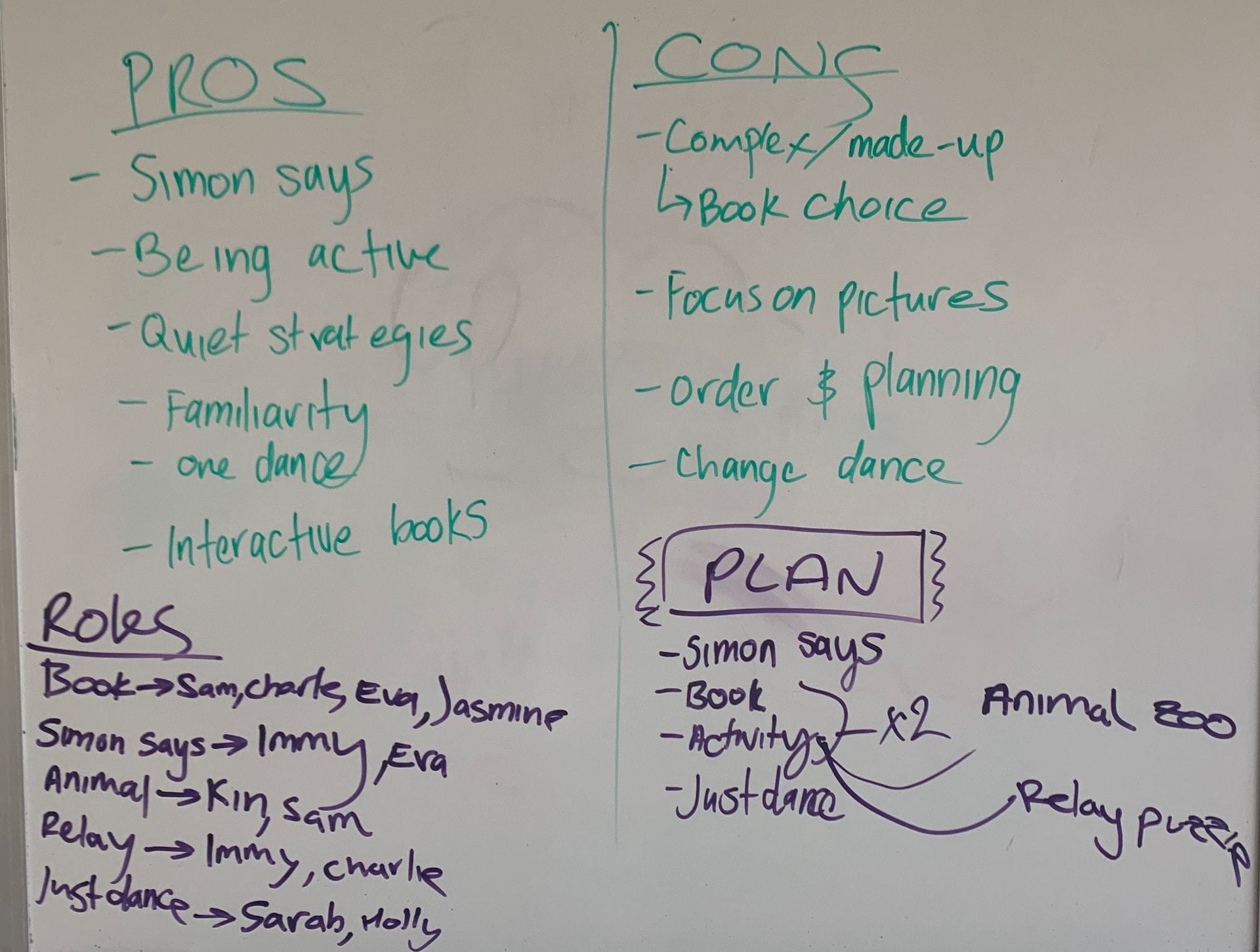CAS Project (Investigation and Preparation)
I am the new chair of our service called PPIS Interactive Storytelling. This is a service that focuses on the issue of income inequality in Singapore by partnering with a childcare centre attended by children of low-income families. This also meant that a lot of children came from single-parent households, so this was something to be sensitive about. We aim to help this issue by doing storytelling and activities with these children so any child can be treated the same regardless of income.
Investigation
The main part of our investigation involved conducting an interview with our partners. Here’s the email that I sent to plan an online call: 
This was and important part of our investigation because it allowed us to understand the needs and want of our partners so we could plan activities that would best help them, instead of guessing and planning activities that won’t actually help. This is the feedback we got.
This helped us understand that we should focus on building confidence and communication skills, as well as focus on their topic of study which is animals. They also said that the children liked movement activities. All of this was taken into consideration, as well as the sensitivity around issues of income and divorce in families when planning activities. Having a clear goal for our service made it so much easier to plan activities for me because it almost gave us a checklist for what activities to include each session. We didn’t plan colouring as the teachers said they did a lot of this already. We plan to include an active activity in each session as the teachers said they like movement, so we focused on coming up with these activities at first because they were the hardest to organise. Having a topic to focus on, which was animals also made it easier to brainstorm because we had a starting point for thinking of books, which I think I would have been stuck on if we just went “everyone think of children’s books”.
Planning
The next step was to plan our activities. I think that the brainstorming we did at this stage was very beneficial because it allowed use to come up with a lot of different ideas for books and activities which could then by analysed for how effective, fun and educational they would be. I think this was also a good opportunity for everyone to get more comfortable with each other and it encouraged everyone to contribute. It allowed everyone to just put down their ideas without fear of having to say it outloud or it not being liked by others, because the whole point was to get down as many ideas as possible.
This was also a time to develop the skills we needed to undergo our activities. We had a workshop on how to read stories with enthusiasm and how to keep the audience engaged. For me, this was one of the most meaningful parts of the preparation focus because it allowed me to really understand why storytelling was a crucial part of our service and why it was seen as important by our partners. I learnt how to come up with questions on the spot while reading through a book, and what types of questions are good to ask the children. These included asking them to count characters, predict what will happen, and ask about the emotions of the characters. This not only made the storytelling process easier for me, but I feel like it will make it so much more engaging for the children we work with, and will help us make a meaningful difference to the social and communication skills of the children, which is the main goal of our service partners.


